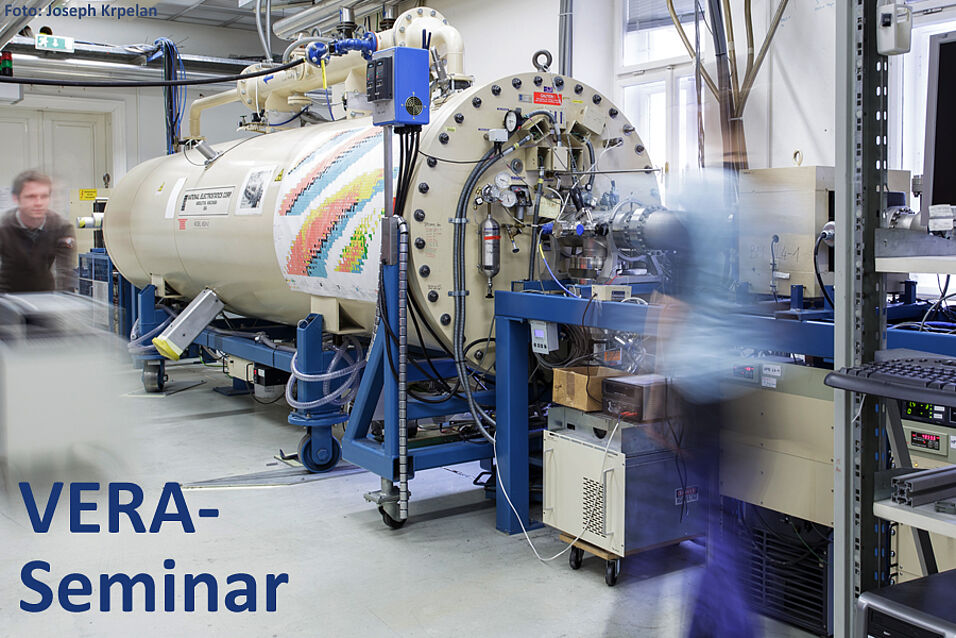In November 2018, it was decided to change the definition of the kilogram as basis for the international (SI-unit) from use of the „Kilogram Prototype“ stored in Paris, to a new definition based on constants of nature. Such a change is not yet possible for other scales, like for those defining isotope ratio measurements used in many scientific areas.
Variations of isotope ratios of elements provide insight in many processes, whether of geologic, biogenic, industrial or environmental nature. The necessary high precision for those measurements is achieved by direct comparison of samples with established international reference materials, in so called δ-scale measurements.
While the concept is well proven and applied now for over 30 elements, it depends on the long-term availability of the scale defining reference materials. At the IAEA, scale defining materials for hydrogen, carbon, oxygen and sulphur are preserved and distributed.
This presentation will discuss the situation to maintain these δ-scales, compare it with the case of the kilogram, and will provide examples of challenges and solutions to preserve scales over long time periods for worldwide consistency of measurements.

